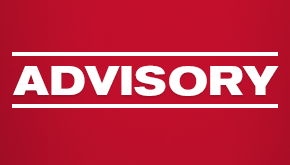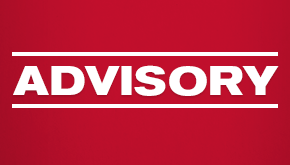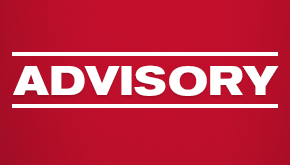Driving Operational Effectiveness in Intellectual Property

Earlier this year, Armstrong Teasdale issued a survey in coordination with the Association of Corporate Counsel to identify key trends and challenges within the intellectual property (IP) space. The anonymous survey, completed by IP professionals from around the world, gave rise to one consistent theme – operational effectiveness. Operational effectiveness is core to an organization’s success and ability to remain competitive, yet comparatively few organizations have capitalized on opportunities to assess and improve the effectiveness of their IP efforts. Join us as Armstrong Teasdale Partners Michael Gnibus and Dhruv Kaushal, along with Senior Counsel Renee Reuter, explore objective means for assessing and communicating operational effectiveness, as well as the impact of data retention systems on IP decision-making.
This program has been accredited for 1.0 Colorado, 1.0 Delaware, 1.0 Kansas, 1.2 Missouri, 1.0 Nevada, 1.0 Pennsylvania and 1.0 Utah Continuing Legal Education credits. Illinois Continuing Legal Education credits are pending.
New York CLE – Under New York’s Approved Jurisdiction policy, so long as certain requirements are satisfied, New York attorneys may count towards their New York CLE requirement credit earned through participation in out-of-state courses accredited by a New York Approved Jurisdiction.
Massachusetts CLE – While not mandatory, CLE is an important part of practicing law in Massachusetts. The Massachusetts Rules of Professional Conduct (Rule 1.1) encourage attorneys to complete continuing education on a regular basis.


































